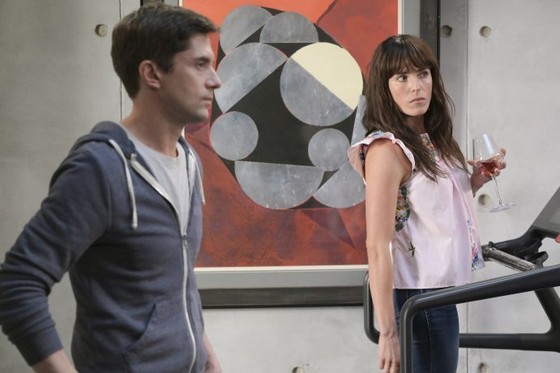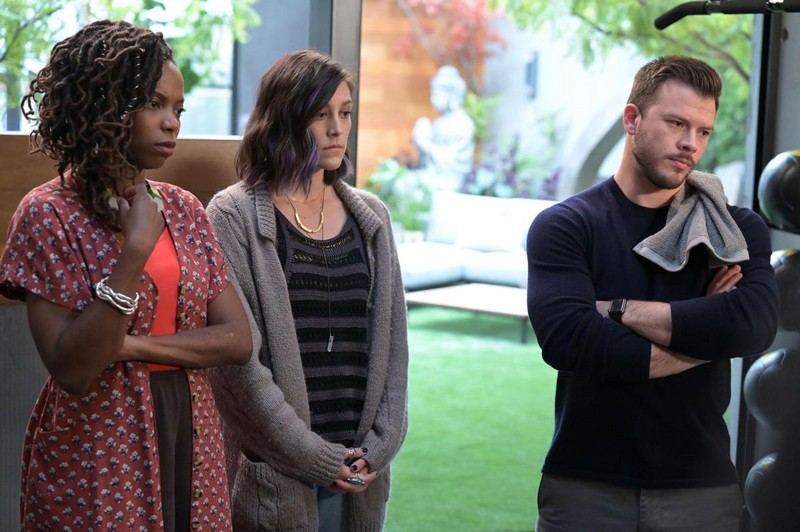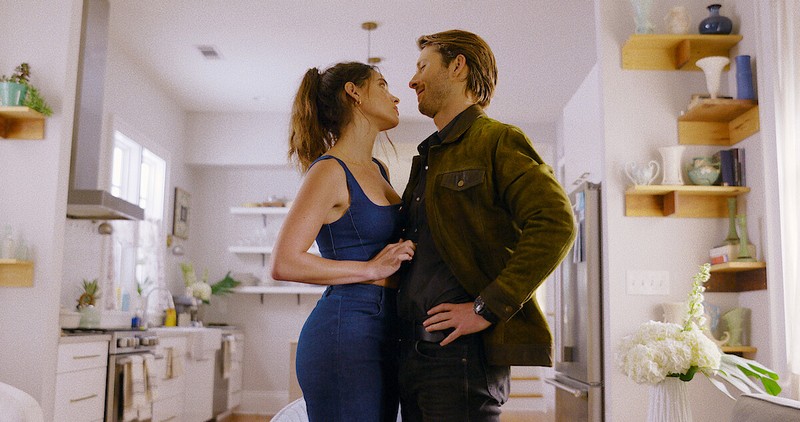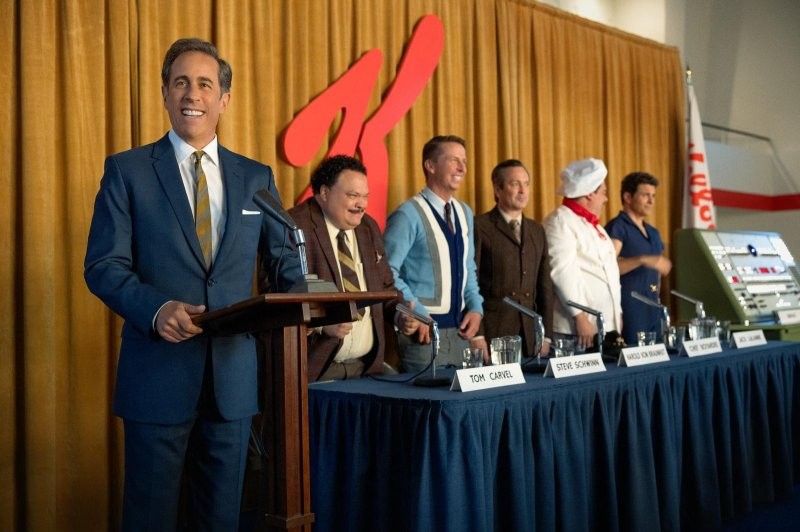Topher Grace? Whatever happened to that guy? Well, in 2021, Home Economics happened to him. It’s not like he hasn’t been doing anything (remember BlackKkKlansman?) but his profile is a little lower than it was in his That 70s Show heyday.
Home Economics is a perfectly fine but not particularly memorable series about a dysfunctional (aren’t they all) family. While its set-up seems rather contrived, the show’s creators, John Aboud and Michael Colton, keep it bubbling along. Snappy dialogue, touches of whimsy and fine performances make it a fluffy meringue, even if it dissolves pretty quickly once the end credits roll.

As the title subtly suggests, the show concerns the intersection of family (home) and money (economics). The setting in San Francisco isn’t an accident – if I recall correctly, the Bay Area had some of the greatest wealth disparity (the gap between rich and poor) in America.
The short (7 episodes) season one* follows the misadventures of the Hayworth family as they navigate some very different life circumstances. The show is effectively told from the perspective of Tom (Grace), an award-winning author who’s struggling with his second book. So he – of course – decides to write about his family, with each episode of the show translating as a chapter in his book. Tom has two siblings – Sarah (Caitlin McGee), a struggling therapist who’s recently lost her job; and Connor (Jimmy Tatro), a brash tech millionaire. Tom is married to Marina (Karla Souza), while Sarah is married to Denise (Sasheer Zamata). Kids abound. In the pilot, Connor invites Tom and Sarah and their families to see his new mansion (which he apparently bought from Matt Damon!). But amid the gracious hosting and canapes, Connor reveals a secret – he’s getting divorced. But even as Tom and Sarah rally round, they can’t help but dig up deep-seated issues.
While some aspects of Home Economics feel a little like That 70s Show: The Reboot, it does enough to keep its momentum going. The show doesn’t break any new ground, and occasionally has to resort to prat falls for laughs. But it’s amiable enough in that way that ensured The Big Bang Theory’s eventual longevity. That said, the first season was was (as noted) very short, so whether it can sustain more remains to be seen. Its premise and the groundwork done already though provide plenty of opportunities.
For all his (still) boyish charm, Topher Grace isn’t really the lynchpin of the show. That honour probably falls to Jimmy Tatro (Stuber), since his character’s antics tend to propel the plot, whereas Grace’s Tom is more of a passive observer. Caitlin McGee (Bluff City Law) is fine as Sarah and gets some of the best lines. Karla Souza (How to Get Away with Murder) and Sasheer Zamata (Corporate) are also great as the spouses, adding considerable verve to the show.
Home Economics falls into that comfortable comedy territory occupied by the likes of Modern Family or Life in Pieces. Despite its premise around wealth inequality, the show never really “goes there”, preferring to tinker around the edges of the issue. But in fairness to Aboud and Colton, it doesn’t really claim to be social commentary. It’s much more a light family comedy with a little bit of edge. So while it’s agreeable when it’s on, it doesn’t really linger.
*Home Economics is available to stream on Stan in Australia
David Edwards
Other reviews you might enjoy:
- BUMP (Stan) – streaming review
- Girls5Eva (Stan) – streaming review
- Rosehaven (ABC) – streaming review

David Edwards is the editor of The Blurb and a contributor on film and television





